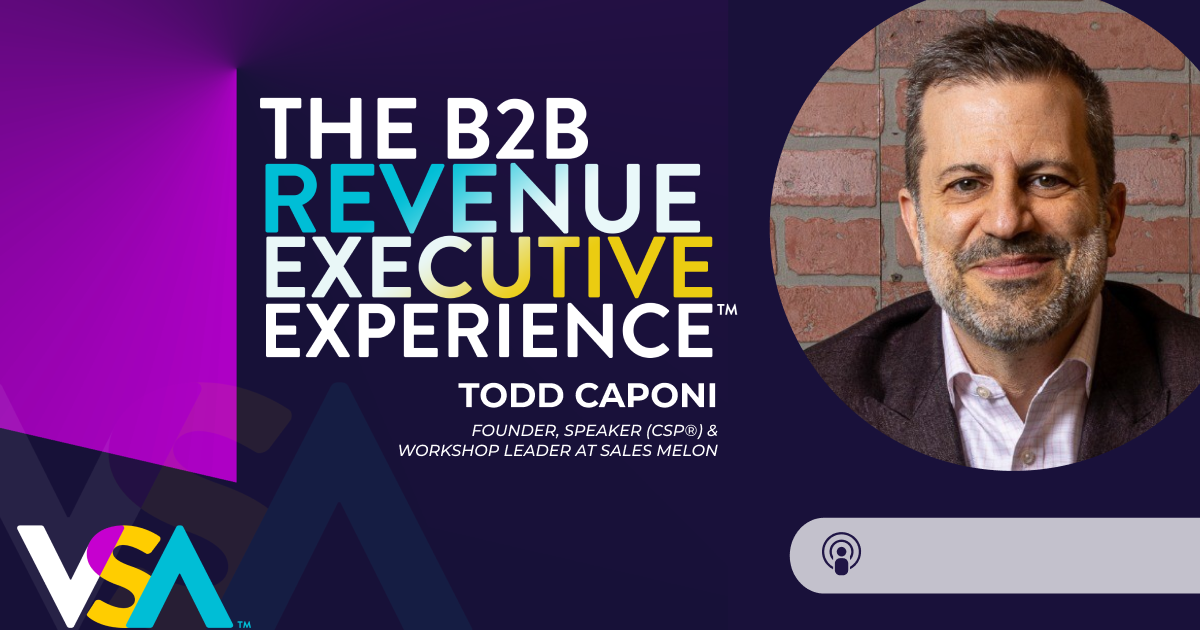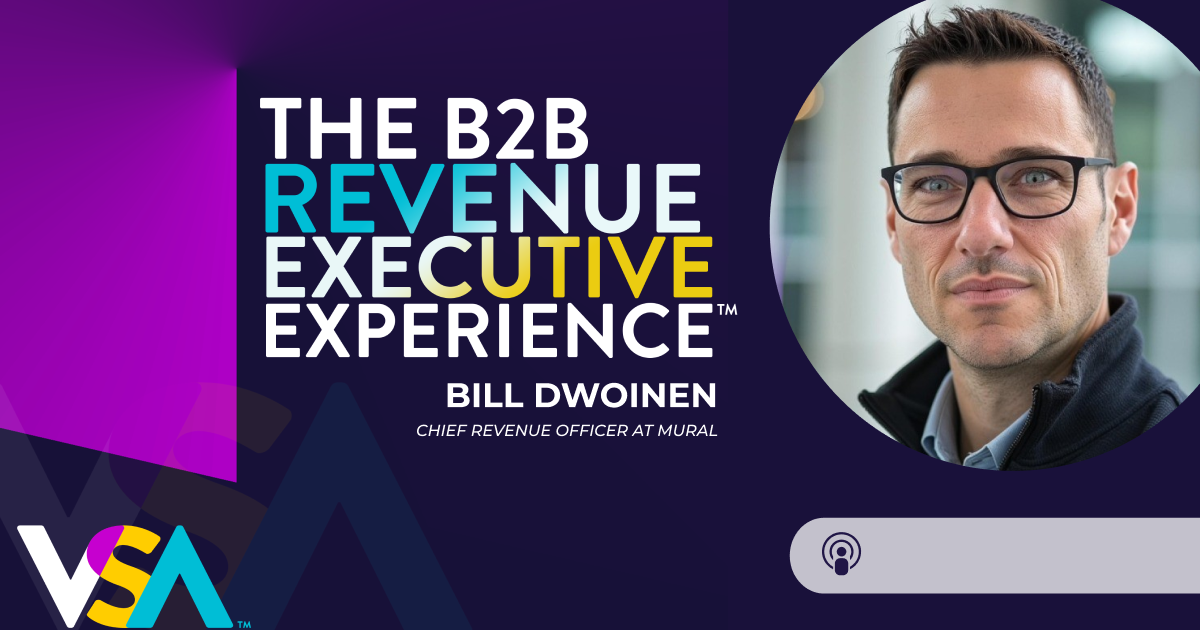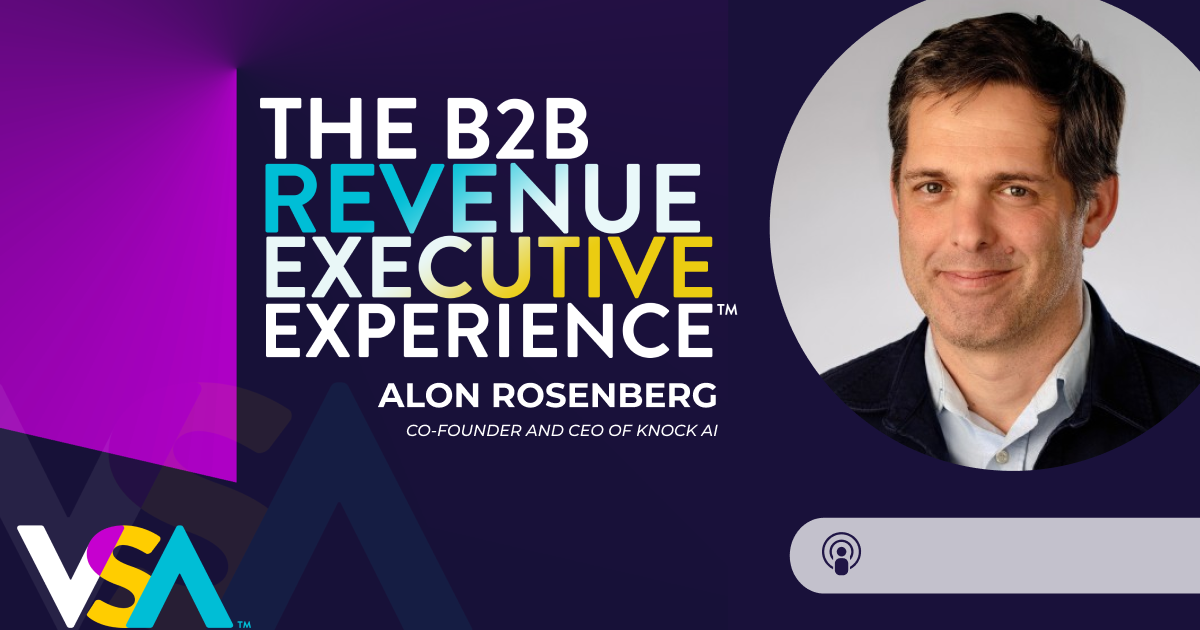Sales Performance Frameworks

Ask ten different people what makes an ultra high performer, or A player, so effective, and chances are you’ll get ten different answers. That’s why leveraging a sales performance framework is so important, because it allows you to organize and maintain success not just at the individual level, but across the organization as a whole.
We sat down with Brian Higgins, sales performance coach, consultant, and faculty member at the Leeds School of Business at CU Boulder, to learn how sales performance frameworks are key to educating sales professionals, assessing performance and setting up teams and sales executives for success.
What is a Framework?
Why is Tiger Woods a good golfer? Whether it’s driving the ball or accuracy, your answer was probably broken down using some sort of framework or method of organization, Brian says. This same method or framework, applies to sales as well.
A sales framework should be simple and straightforward. “For me, a framework is an outline,” Brian said. “A framework is something that we can refer to when we’re thinking about any subject holistically.”
Sales frameworks should be be laid out to include steps or elements that can provide context to refer to when discussing the sales process. “For me, a framework is all about a way to organize a subject so that we can talk intelligently about it and we can refer to it for lots of different reasons,” Brian said.

The Importance of a Framework
Organizations are always looking for better ways to understand and optimize sales reps’ performance. A frameworks acts as a guide to map all the different elements that make a high performing salesperson or organization so effective. “If we don’t make some effort at organizing all of those things (…) we could find ourselves thrashing around in a very unproductive way,” Brian said.
A framework allows organizations to take advantage of and organize the abundance of sales information and methodologies that exist. “Without it, we’re swinging, hoping that we hit something,” Brian said. “ And I think we need to be a little bit more deliberate in our approach to improving our performance, both as individual and as organizations.”

Failing to Set Frameworks
Why do so few companies make the investment in establishing a sales framework?
It comes down to a lack of understanding the sales profession from both the inside and out. Let’s go back to the question, “What makes an ultra high performer so effective?” Many people would say that it’s something to do with personality or charisma, without realizing that high performance on the individual level or the organizational level, lends itself to a map, Brian says.
And, when these organizations promote their A players to become managers, they’re often confused as to why things aren’t working, when they haven’t implemented a framework, or plan, for their teams to follow.
Typically, organizations that have a tangible framework in place are going to correlate to higher performance and lower turnover, Brian says. “What I think the evidence of the value of a performance framework at the organizational level is concerned, is that they’re going to have a much more stable machine in place, year after year.”

The Assessment Framework
According to Brian, there are five basic elements to sales performance at the individual level. This becomes his framework:
- Knowledge – having good understanding of business fundamentals.
- Skills – analysis of what you’re able to discover and the way you present that back.
- Experience – you can’t teach it, but you can invest in it.
- Behavior – are they organized, practiced, prepared and resourceful?
- Intangibles – these mostly have to do with personality.
What is Most Effective When Someone is Trying to Sell You?
We like to ask our podcast guests this question. Here’s how Brian answered:
“I think if they show a healthy respect for me and my time, from the outset, that they’re going to have a better chance than if they come into the conversation cold, assuming that I’m going to be interested in what it is they want to talk about. I think a lot of salespeople, both those are new and those that have been doing it for awhile, make an assumption that I understand why I should be talking to them.”
Acceleration Insight
In every episode of the B2B Revenue Executive Experience, we try to pull one nugget of wisdom from our guests that they would impart on a sales professional. Here’s this one:
“Understand the framework for what high performance looks like. Map it for themselves, and then commit themselves to it.”
This post is based on a podcast interview with Brian Higgins, sales performance coach, consultant, and faculty member at the Leeds School of Business at CU Boulder. To hear this episode, and many more like it, you can subscribe to the B2B Revenue Executive Experience.
If you don’t use iTunes, you can listen to every episode here.
Explore More









